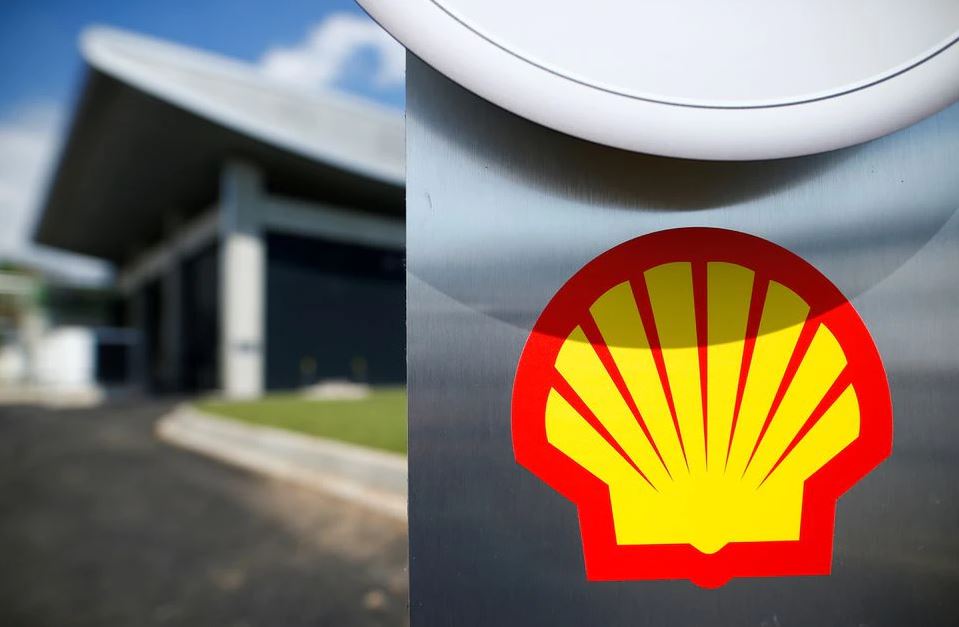Royal Dutch Shell is exiting the Netherlands, and it is changing its name to reflect that fact. The company announced on Monday that it would be ending its dual share structure and transferring its headquarters to the UK.
The oil giant is reportedly being pushed away by Dutch taxes and litigation as it gradually shifts towards more renewable energy sources. It has long faced challenges from investors about its dual structure and was recently struck by a Dutch court ruling over its climate ambitions.
Shell was ordered by a Dutch court in May to increase its projected greenhouse gas emission reductions in order to comply with the Paris climate agreement, which seeks to keep global warming to 1.5 degrees Celsius. Shell has stated that it would file an appeal.
Shell is also fighting activist investor Third Point’s request last month for the company to be split up into smaller businesses. Shell’s senior executives retaliated, claiming that the two companies operate better together.
The company plans to remove “Royal Dutch” from its name, which has been part of its identity since 1907. At least 75% of shareholders must vote in favor of the measure at a general meeting on Dec. 10 before it can be implemented.
The company will name itself Shell Plc. Shell’s stock, which will continue to trade in Amsterdam and New York under the proposal, jumped more than 2% in London on Monday morning on the announcement.
Shell has been in a long-running legal battle with the Dutch government over the country’s 15% dividend withholding tax, which it attempted to dodge through its two share classes. That problem would be solved by its new structure.
The largest Dutch state pension fund, ABP, will remove Shell and all fossil fuels from its portfolio, further severing ties with the Netherlands.
The Dutch government said Monday that Shell’s intentions to relocate to London had caught the Dutch government off guard.
Shell undertook a substantial makeover this summer as part of its aim to transition away from oil and gas and toward renewable and low-carbon energy. Thousands of jobs were lost as a result of the revamp, which took place all around the world.












